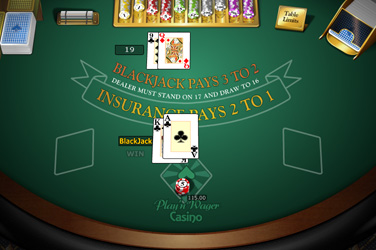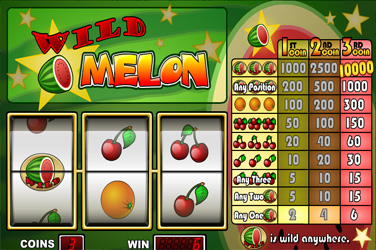
Bluffing in poker entails betting on bad or moderate hands or drawing fewer cards than you should in an attempt to represent a good hand.
Bluffing in poker can be a game-changer when executed skillfully, turning the tides in your favor. Understanding the dynamics at the table is crucial; pay attention to your opponents' tendencies and adapt accordingly. It's essential to remember that successful bluffs often target a single player rather than a group, as the likelihood of getting called increases significantly. Moreover, you may want to consider the semi-bluff approach, where your hand has potential to improve. For more tips and strategies on navigating the world of poker, check out south-beach-casino.com to elevate your gameplay and enhance your winning chances.
Keep the following points in mind as you develop your bluffing strategy:
- Don't be too stolid. Keep in mind that you have to speculate to accumulate, and if you aren't caught bluffing occasionally, you're not doing it enough.
- Do study your opponents' actions at the table. Try to work out how often they bluff, and try to get a read on their body language during their bluffs. In fact, if you can. try to watch a group of players before joining them. You can read their behavior much better when you're not tied to one position at the table and you don't have to worry about a hand. If you don't have this opportunity. make sure to pay attention after you fold your cards.
- Do try to work out the strengths and weaknesses of your fellow players before and during play. If you notice that someone is unprepared to surrender any pot to a potential bluff, make sure that you exploit that weakness in him. However, don't try to bluff him out, because know in advance that bluffing won't work. Make him think you're bluffing with the best hand.
- Don't try to bluff against multiple players still in the hand. If more than three players are still in the pot, the odds are that one of them can beat whatever bluff hand you're pretending to hold. Keep your bluffs for the smaller number of players.
- Don't bluff against the evening's big winner. Such high rollers have more money to burn and are likely to invest it in seeing the hand through to its conclusion.
- Don't show your bluff. Try to avoid showing your hand after a successful coup. unless you don't intend to bluff much more that evening.
- Don't get caught bluffing too often. If you get caught bluffing more than 50 percent of the times you try it, change your strategies and possibly your opponents. You may be cavorting with too tough a crowd.
You can also utilize a semi-bluff. which means that although your hand may not be a winner right now, it has the potential to turn into a cash cow — for example, betting with a flush draw and a pair of aces.
No matter what variety of Poker you are playing, if you are competing in a game where players only stay in with sound hands, you have a good chance of driving the others out of the pot with a well-timed bluff on bad cards. On the other hand, if your opponents often call even when their hands don't justify it (a strategy exemplified by the approach “you can't fool me, I'm too ignorant!”). you can't bluff successfully against them and you don't need to — you can win by only playing when you have a good hand.






